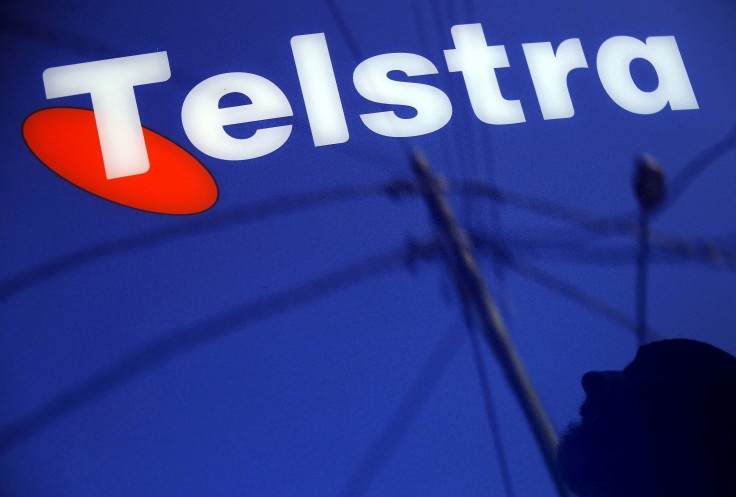Telstra loses determination case against ACCC

ACCC won the case against Telstra after Federal Court justice Lindsay Foster dismissed the telecommunications company's application for judicial review of the competition watchdog's 2014 Final Access Determination. The telecommunications company was ordered to pay the watchdog's cost.
In 2014, the ACCC issued a determination for a one-off 9.4 percent decrease in copper network wholesale prices. Telstra was ordered to cut prices for access to its copper network ensuring that its customers did not incur higher costs at they migrated to the National Broadband Network. However, Telstra chief executive Andy Penn said in 2015 that the decision would threaten the company in recovering its costs of infrastructure investment. He said that the ongoing costs of maintaining the copper network would be threatened as well. He added that the watchdog's decision would hit the company's profitability up to $80 million.
However, the ACCC said that the telecommunications company could explore other avenues to recover losses. ACCC chairman Rod Sims said that the determinations meant that the remaining users of the telecommunications company should not pay higher costs due to a shrinking customer base on the copper network as others migrate to the NBN.
Under the decision of the Federal Court justice, Telstra should pay the costs of ACCC. The company was also ordered to pay the costs of other respondents including TPG Telecom, Optus Network, Macquarie Telecom, Telcoinabox, and Symbio Wholesale. However, the other respondents should make their applications by April 4.
Sims said that his agency was delighted with the outcome and gave them the confidence that in applying regulatory principles a bit of common sense could be used. On the other hand, a Telstra spokesman said that they were disappointed with the outcome. He said that the company would review the court's decision before considering further options that the company would have. Foster dismissed 10 arguments raised by Telstra. The Federal Court said that ACCC had not made any mistakes.
An Optus spokeswoman said that the court's decision was good for competition. She said that it showed the two-year consultation process of ACCC worked through all the processes. She added that it was a vindication and testimony to ACCC's careful and considered way in approaching the fixed line pricing.
Competitive Carriers Coalition said that if Telstra had won the case, its members were potentially looking at million of dollars in backpay. CCC chairman Matt Healy said that in effect, the telecommunications company was asking for a multimillion-dollar double dip.




















